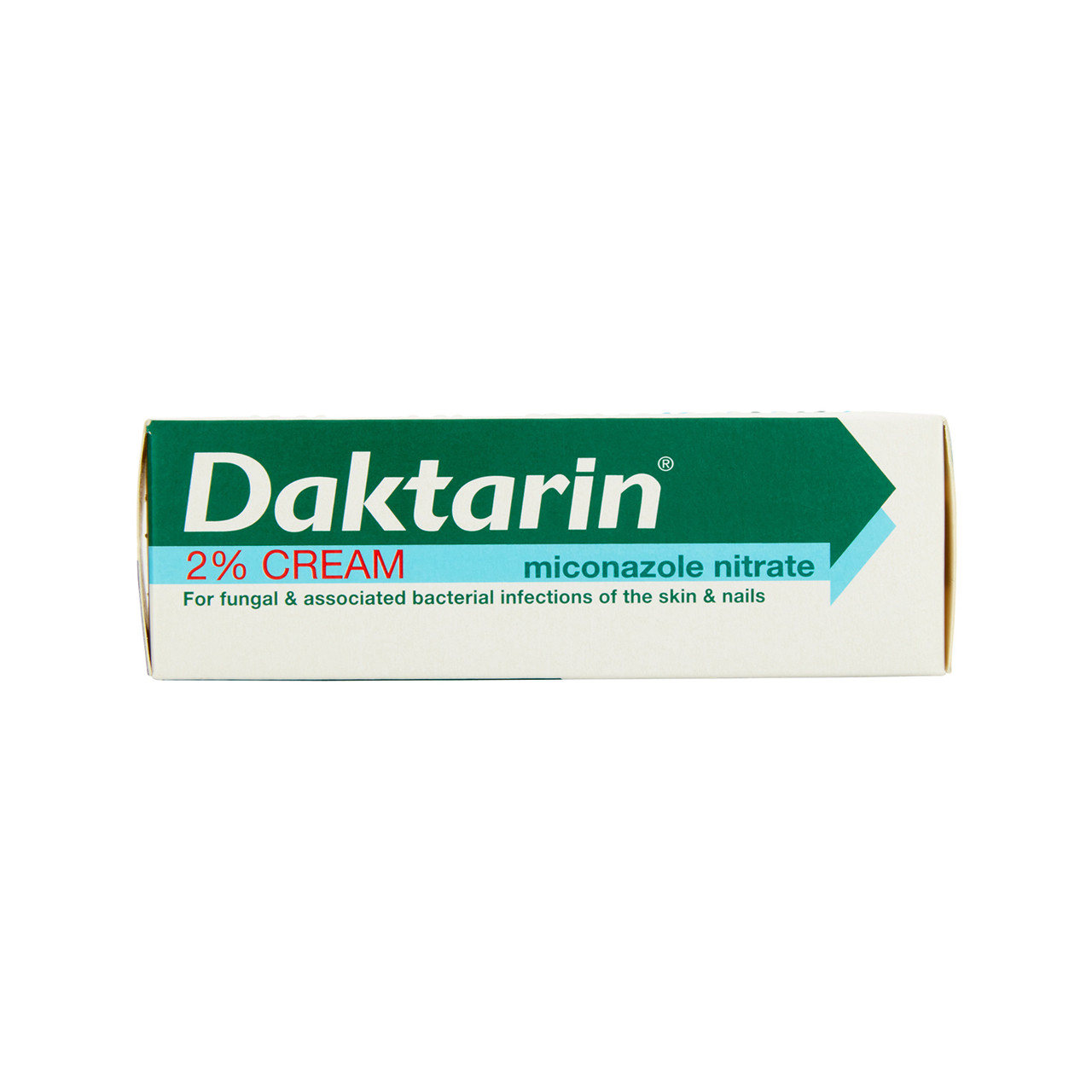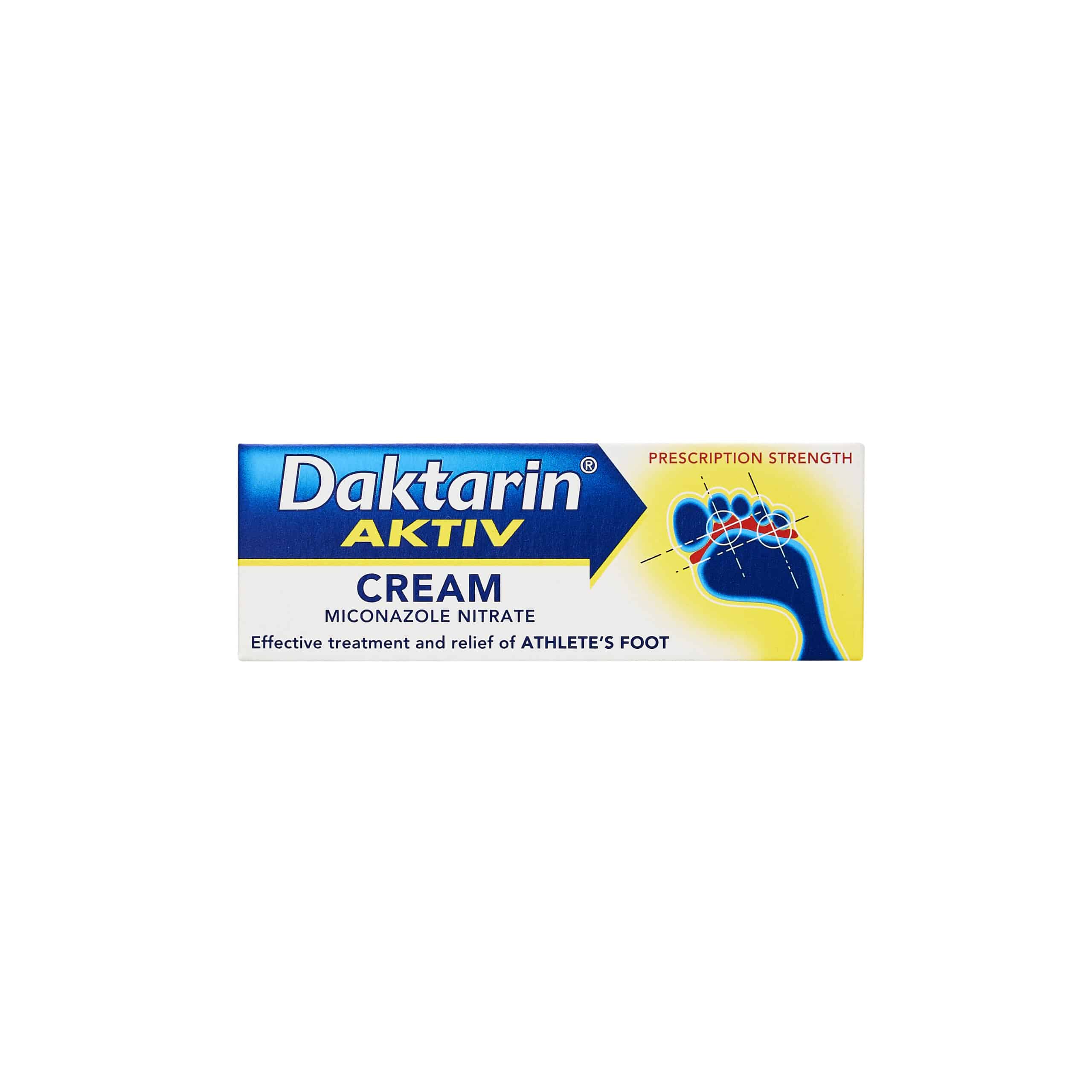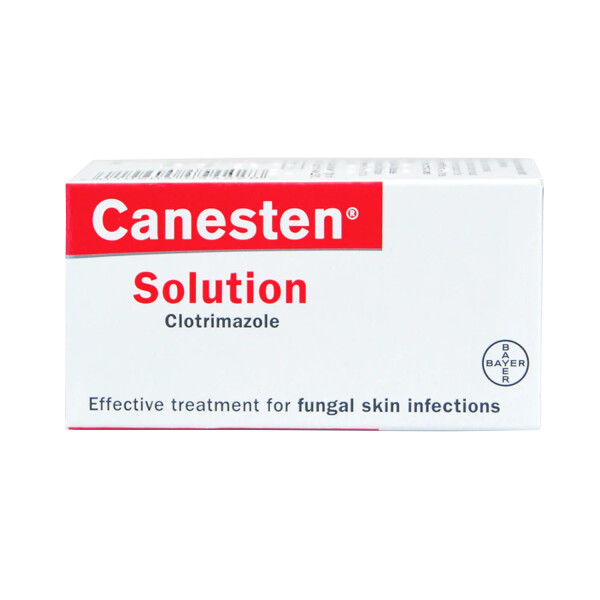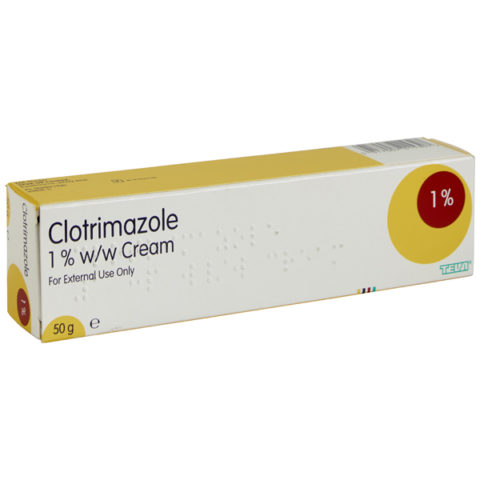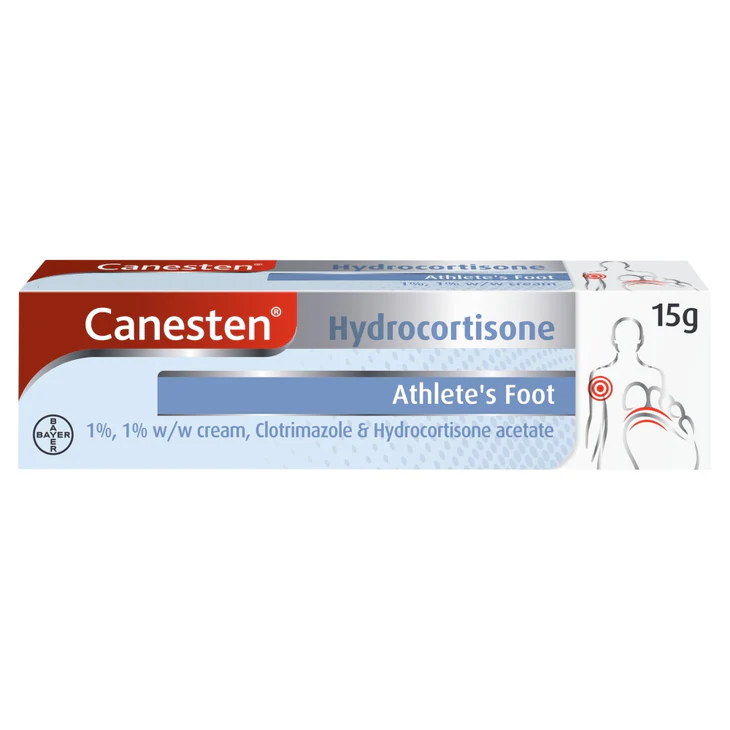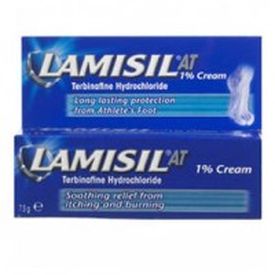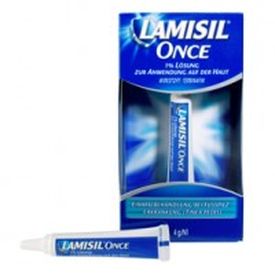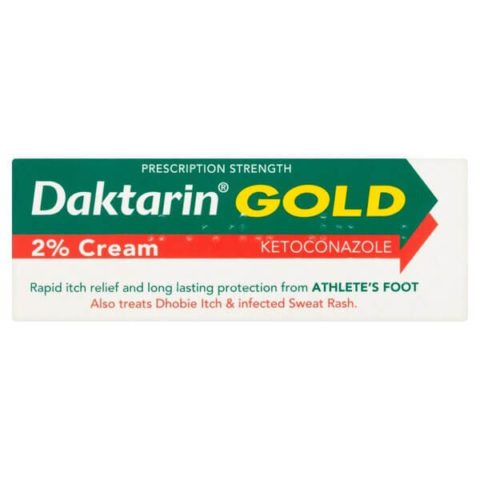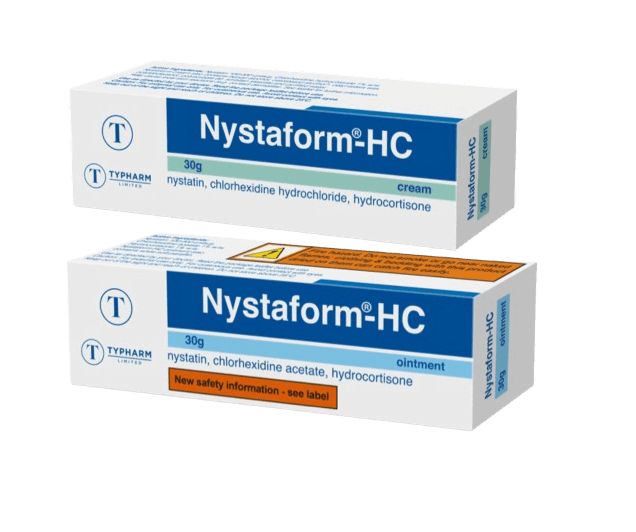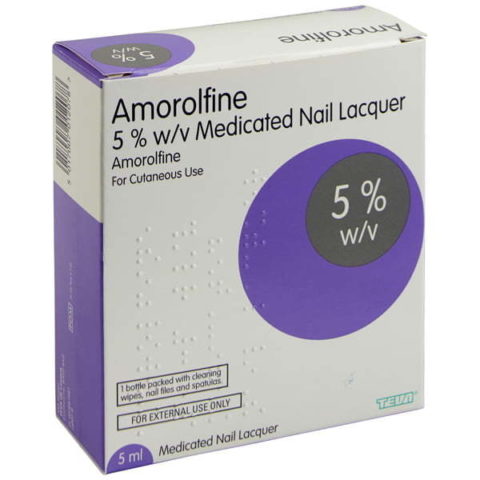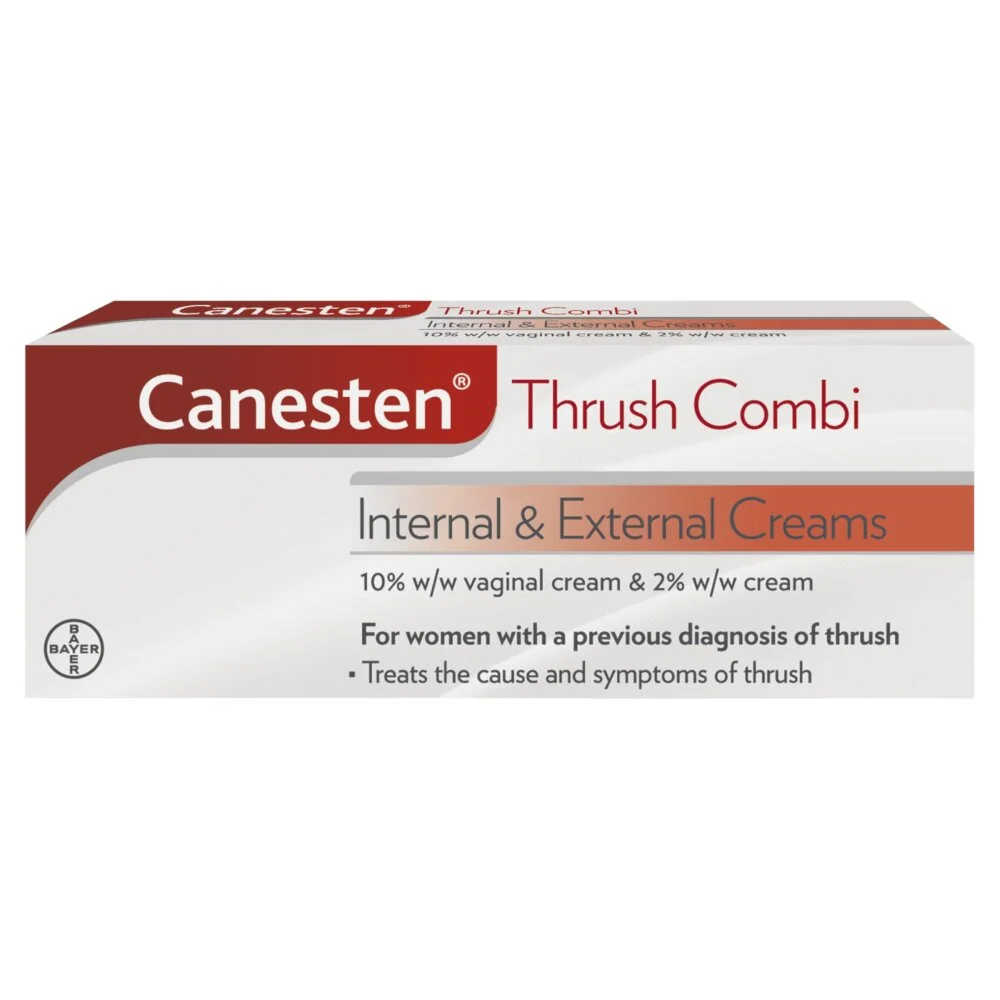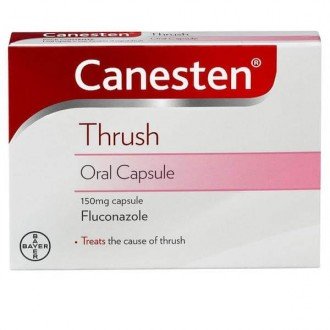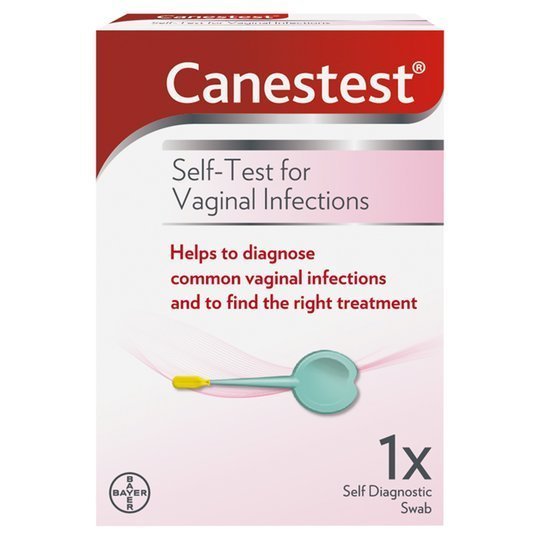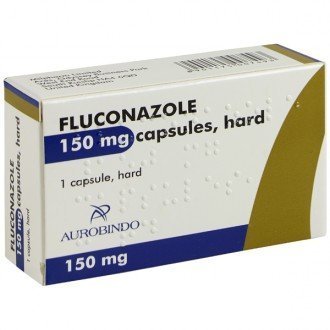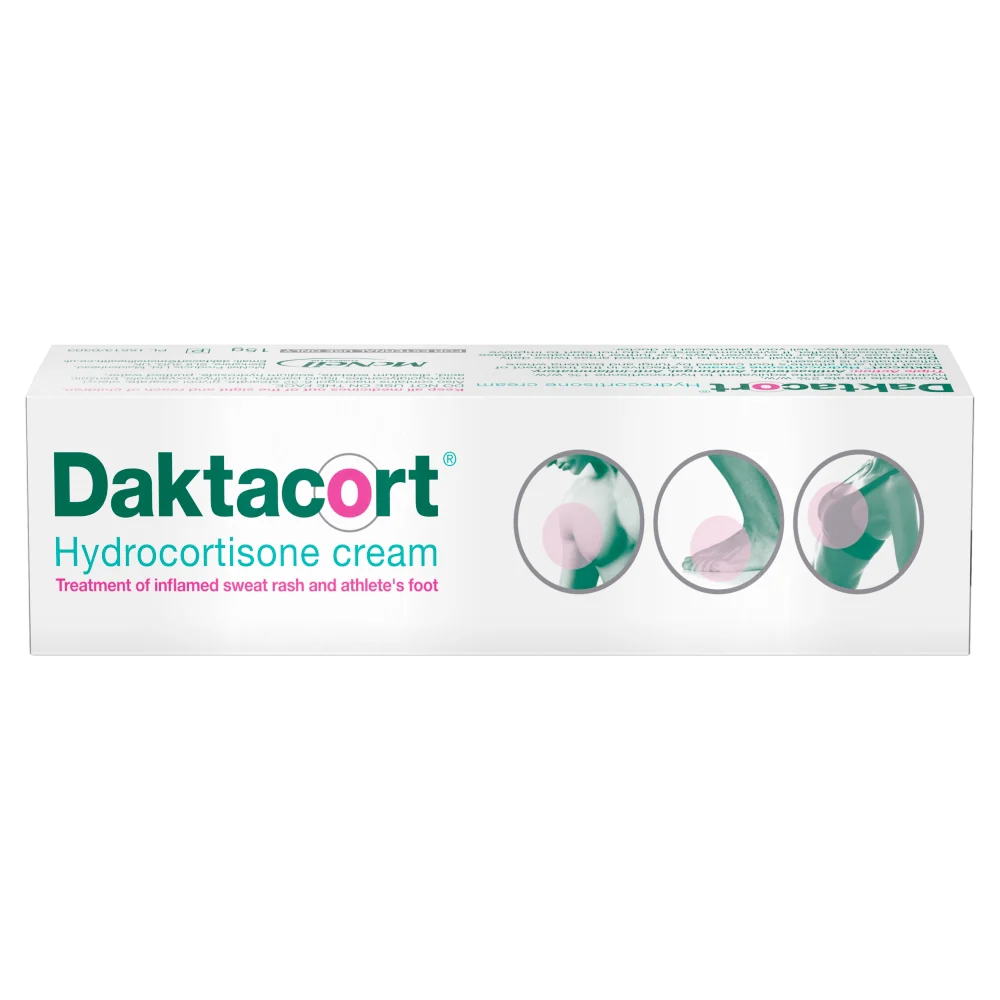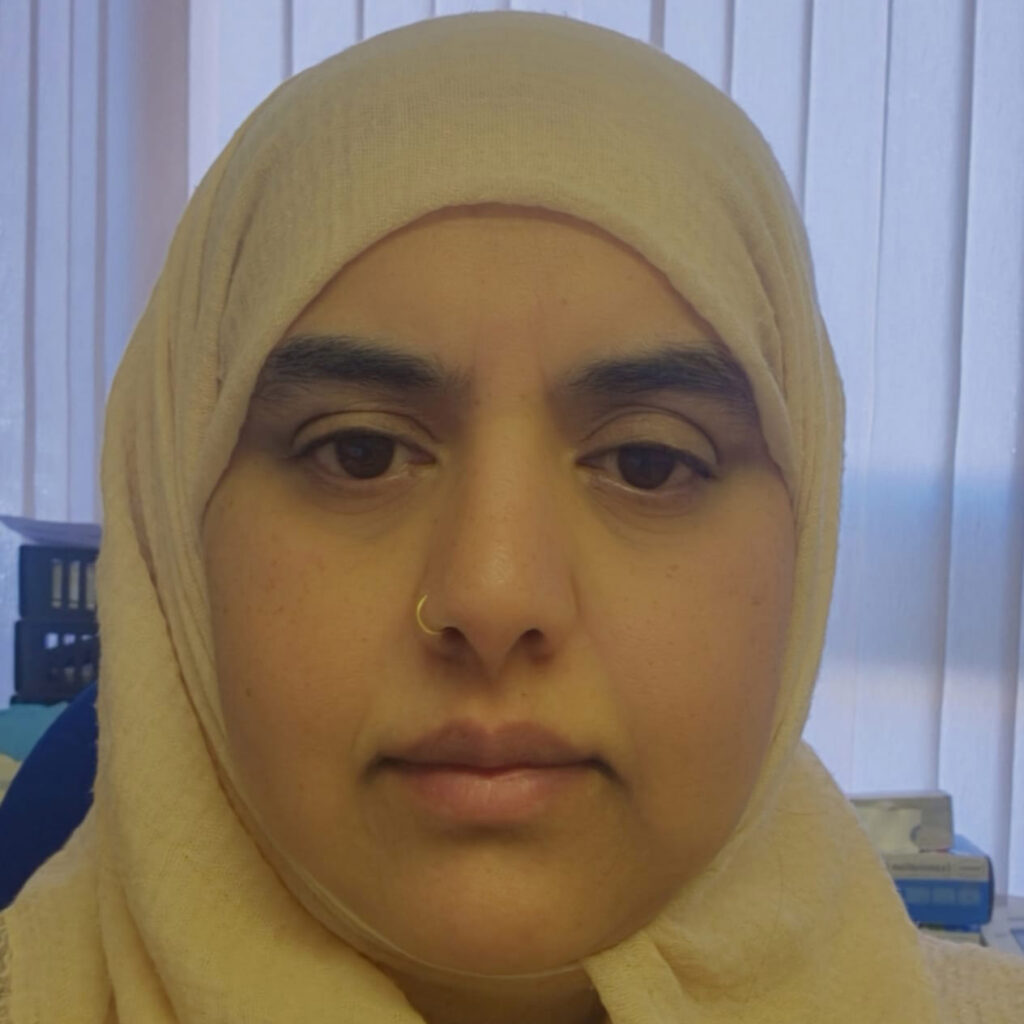What is a fungal infection?
A fungal infection happens when fungi invade and multiply in or on your body, causing symptoms ranging from mild irritation to serious health problems.
These infections commonly affect the skin, nails, mouth, and genital areas, but also impact internal organs in severe cases.
Fungi naturally exist in and on our bodies, but sometimes they multiply excessively or opportunistic fungi enter the body, leading to infection.
Types of Fungal Infections
Fungal Skin Infections
- Ringworm: Despite its name, this isn’t caused by a worm but by a fungus creating ring-shaped, red, itchy patches on the skin.
- Athlete’s Foot: This common infection affects the feet, particularly the skin between your toes, causing itching, burning, cracking, and peeling skin.
- Jock Itch: Affecting the groin area, this infection causes a red, itchy rash often with a distinct border.
- Pityriasis versicolor: This condition causes small discoloured patches on the skin, typically on the chest, back, and shoulders, due to a yeast that interferes with normal skin pigmentation.
Fungal Nail and Scalp Infections
- Fungal Nail Infection: This infection causes nails to become discoloured, thickened, and sometimes painful, often affecting toenails more than fingernails.
- Scalp Ringworm: This contagious infection causes circular patches of hair loss, scaling, and sometimes severe inflammation on the scalp.
Mucosal Fungal Infections
- Thrush: This infection causes white, creamy lesions on the tongue, inner cheeks, and sometimes the roof of the mouth.
- Vaginal Yeast Infection: This common infection causes itching, burning, and a thick, white discharge.
What causes fungal infections?
Fungal infections are caused by various types of fungi, including dermatophytes, yeasts, and moulds. These organisms thrive in warm, moist environments and spread through direct contact with an infected person, animal, or contaminated surface.
Several factors increase your risk of developing fungal infections:
- Excessive sweating or humid environments
- Wearing tight, non-breathable clothing
- Poor hygiene or not drying your skin thoroughly
- Weakened immune system due to illness or medications
- Diabetes or other conditions that affect blood circulation
- Sharing personal items like towels, hairbrushes, or shoes
- Walking barefoot in public spaces like swimming pools or showers
Symptoms of Fungal Infections
Symptoms will vary depending on the type and location of the infection:
- Skin infections typically cause red, itchy, scaly patches, sometimes with a ring-like appearance
- Nail infections lead to discolouration, thickening, and sometimes crumbling of the nail
- Scalp infections may cause itching, scaling, and bald patches
- Oral thrush creates white, cottage cheese-like patches in the mouth
- Vaginal yeast infections cause itching, burning, and abnormal discharge
- Athlete’s foot often causes itching, burning, and cracking between the toes
- Jock itch creates a red, itchy rash in the groin area
If you notice your symptoms are persistent or getting worse, it’s important to get proper treatment to make sure the infection doesn’t spread or become more severe.
Treatment for Fungal Infections
Antifungal Medicines
Topical Antifungal Treatments
- Clotrimazole Cream: Effective against various skin fungal infections including athlete’s foot, ringworm, and jock itch. Apply thinly to the affected area 2-3 times daily.
- Miconazole (Daktarin Gold): Works against fungi and some bacteria, making it useful for mixed infections. Available as creams, powders, and sprays.
- Terbinafine Cream: Particularly effective for athlete’s foot and ringworm, often requiring shorter treatment duration than other antifungals.
- Ketoconazole Shampoo: Used to treat fungal infections of the scalp and skin conditions like dandruff and seborrheic dermatitis.
Oral Antifungal Medications
- Fluconazole Tablets: Effective for treating various fungal infections, particularly yeast infections, thrush, and certain skin infections.
- Terbinafine Tablets: Often prescribed for fungal nail infections, which require longer treatment courses to completely clear the infection.
- Itraconazole Capsules: Used for more severe or resistant fungal infections affecting the skin, nails, or internal organs.
When to Use Each Treatment
- For mild to moderate skin infections, topical treatments work well
- Nail infections typically require oral medications for effective treatment
- Severe or widespread infections may need a combination of topical and oral treatments
- Recurring infections might need longer treatment courses or preventive measures
Our Click2Pharmacy consultation can help determine which treatment is most appropriate for your specific condition, making sure you receive effective relief.


